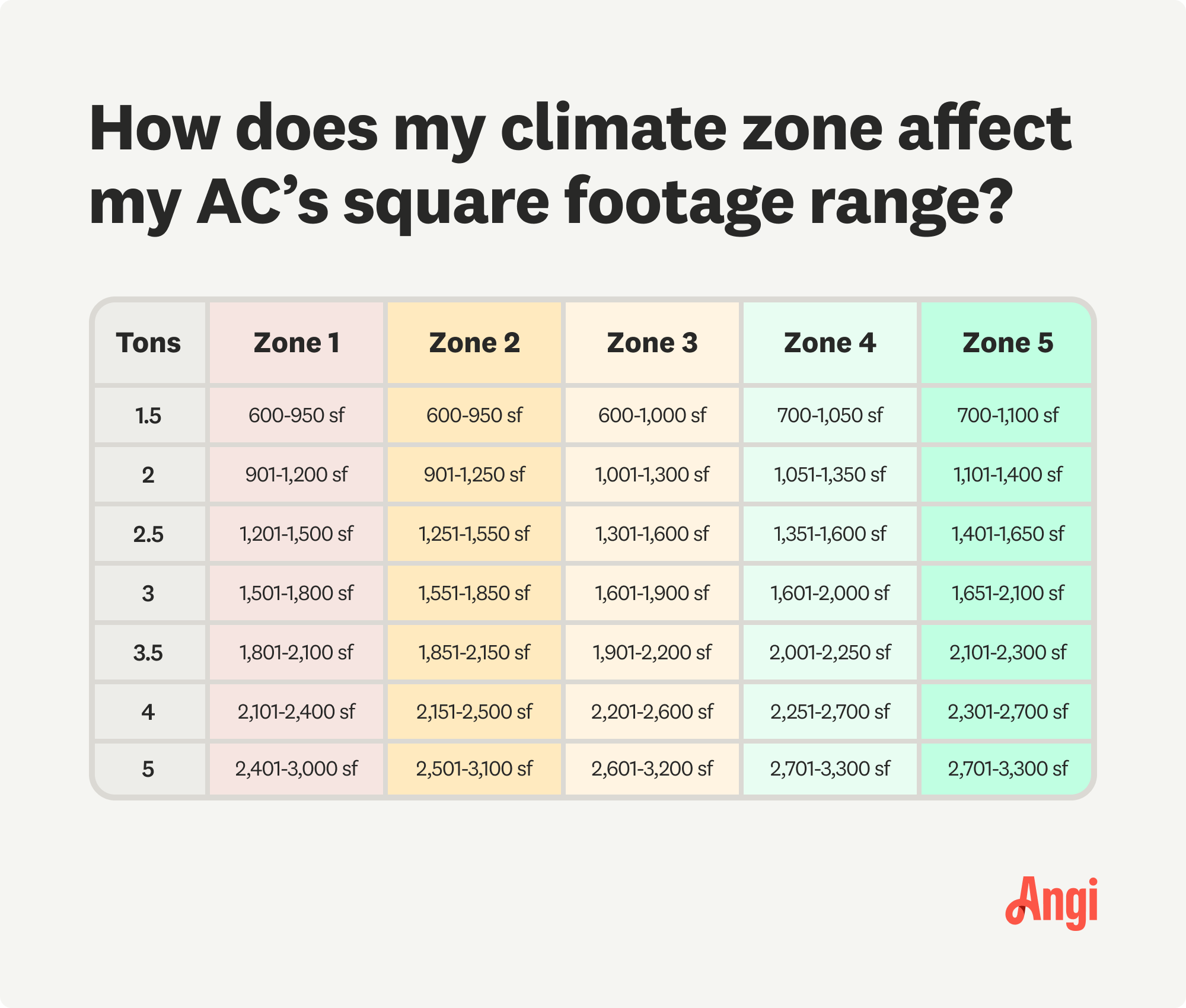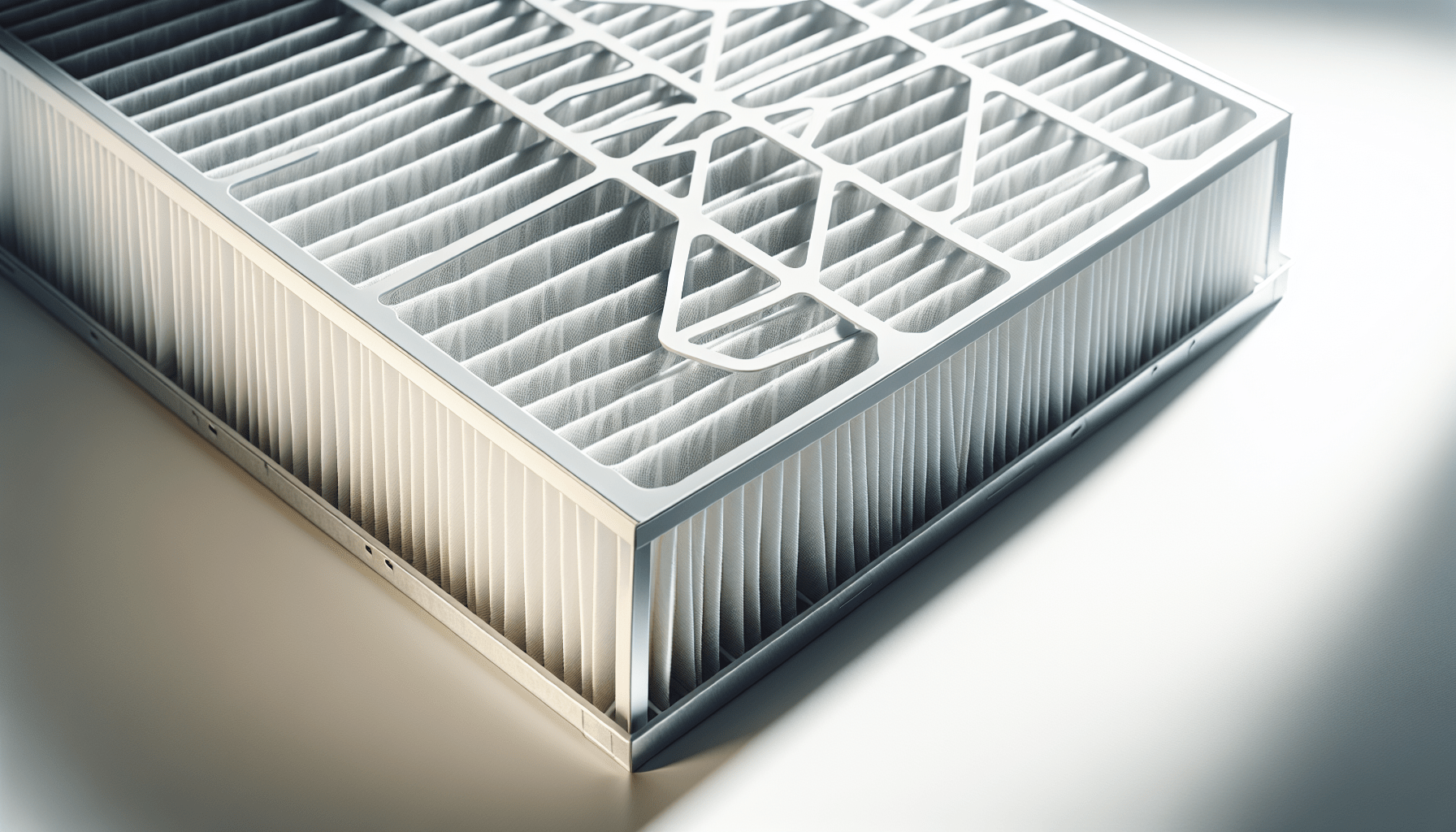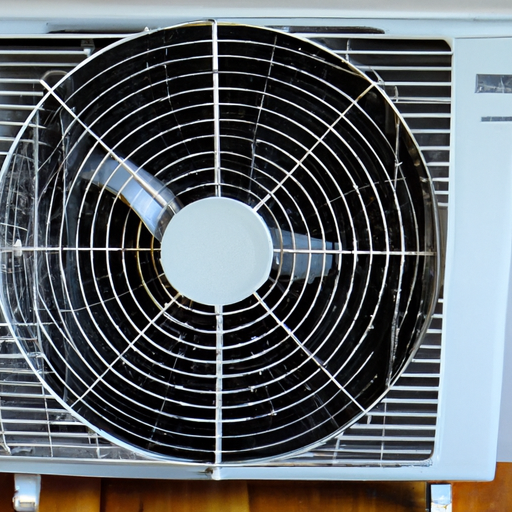So you’re in the market for a new air conditioning unit, but you’re not sure how many tons you actually need. Don’t worry, we’ve got you covered. In this article, we’ll break down everything you need to know about finding the right size AC unit for your space. From understanding the concept of tonnage to calculating the cooling capacity required, we’ll provide you with all the tools and information to ensure your home stays cool and comfortable. Say goodbye to the guessing game and let’s find out how many tons of AC unit you really need.
Understanding Air Conditioning Tonnage
When it comes to air conditioning, choosing the right tonnage for your AC unit is crucial. Tonnage refers to the cooling capacity of an air conditioner and is a key factor in ensuring your space is comfortable and cool. In this article, we will explore the definition of AC tonnage, how it is measured, factors to consider when choosing the right tonnage, and various methods to calculate the required tonnage for your AC unit.
Definition of AC Tonnage
AC tonnage is a measure of the cooling capacity of an air conditioner and is expressed in tons, where one ton is equivalent to 12,000 British Thermal Units (BTUs) per hour. The higher the tonnage, the greater the cooling capacity of the AC unit. AC units typically range from 1 ton to 5 tons, with each ton providing approximately 12,000 BTUs of cooling power.
How AC Tonnage is Measured
AC tonnage is determined by the amount of heat an air conditioner can remove from a space in one hour. It is calculated based on factors such as the size of the space, the number of occupants, insulation, climate, usage patterns, heat-generating appliances, ceiling height, orientation and sun exposure, and windows and ventilation.
Choosing the Right Tonnage for Your AC Unit
Choosing the right tonnage for your AC unit is crucial to achieve optimal cooling performance and energy efficiency. Several factors need to be considered when determining the appropriate tonnage for your space.
Factors to Consider
Size of the Space
The size of the space you want to cool is a primary factor in determining the required tonnage for your AC unit. Larger spaces require higher tonnage to ensure even and efficient cooling. Measure the square footage of the space to get an accurate estimation of the cooling capacity needed.
Insulation
The quality of insulation in your space plays a vital role in determining the appropriate tonnage. Well-insulated spaces require less tonnage, as they retain cool air more efficiently. On the other hand, poorly insulated spaces may require higher tonnage to compensate for energy loss.
Climate
The climate in which you reside is an essential factor to consider when choosing the tonnage for your AC unit. Hot and humid climates typically require higher tonnage for efficient cooling, while milder climates may require lower tonnage.
Number of Occupants
The number of occupants in a space affects the cooling load and consequently the required tonnage. More occupants generate more body heat, increasing the cooling demand and the necessary tonnage.
Usage Patterns
The usage patterns of the space also impact the tonnage needed. Spaces that are frequently occupied or subject to high heat-generating activities may require higher tonnage to maintain a comfortable temperature.
Heat-Generating Appliances
Appliances such as ovens, refrigerators, and electronics generate heat that contributes to the cooling load. Consider the presence of these heat-generating appliances when determining the appropriate tonnage for your AC unit.
Ceiling Height
Spaces with high ceilings require additional tonnage to effectively cool the entire volume of air in the room. Higher ceilings allow hot air to rise, requiring a more powerful AC unit to distribute cool air effectively.
Orientation and Sun Exposure
The orientation of your space and its exposure to the sun can impact the cooling load. South-facing rooms and areas exposed to direct sunlight may require higher tonnage to counteract the heat gain.
Windows and Ventilation
The number of windows in your space and their insulation properties can affect the tonnage required. Windows allow heat to enter or escape, impacting the cooling load. Properly insulated windows and adequate ventilation can reduce the tonnage needed.
Budget Considerations
Lastly, your budget is an important factor to consider when choosing the tonnage for your AC unit. Higher tonnage units generally cost more, both in terms of initial purchase and operational costs. Assess your budget and find a balance between cooling efficiency and affordability.
Calculating Required Tonnage
To accurately calculate the required tonnage for your AC unit, you can utilize several methods. The most commonly used methods include BTU calculation, the rule of thumb method, and the manual J load calculation.
BTU Calculation
BTU calculation involves estimating the cooling capacity needed based on the square footage of the space. This method provides a rough estimation of the required tonnage and is suitable for simple installations or quick assessments.
Rule of Thumb Method
The rule of thumb method is a simplified approach that estimates the required tonnage based on square footage alone. While this method is quick and easy, it may not account for other crucial factors that impact cooling load accurately.
Manual J Load Calculation
The manual J load calculation provides the most accurate estimation of the required tonnage, taking into account multiple factors such as room orientation, insulation, heat-generating appliances, and occupancy patterns. This method is recommended for complex installations or situations where accuracy is important.
BTU Calculation Methods
When using the BTU calculation method, you have two options: the square footage method and the temperature difference method.
Square Footage Method
The square footage method involves determining the total square footage of the space and applying a recommended BTU per square foot ratio to estimate the required tonnage. While this method provides a general guideline, it is important to make adjustments based on climate, insulation, and other factors.
Temperature Difference Method
The temperature difference method calculates the heat gain in a space based on the temperature difference between the desired indoor temperature and the outdoor temperature. This method allows for more accurate estimation of cooling capacity, but it requires detailed information on heat gain factors.
Square Footage Method
When using the square footage method for BTU calculation, follow these steps to determine the required tonnage:
Determining the Square Footage
Measure the length and width of the space you want to cool. Multiply the length by the width to obtain the total square footage. For example, if the room is 15 feet long and 20 feet wide, the square footage would be 300 square feet.
Recommended BTUs per Square Foot
Consult HVAC guidelines or experts to determine the recommended BTUs per square foot for your region and climate. Generally, it is recommended to use around 20 BTUs per square foot as a starting point.
Adjustments for Climate and Insulation
Make adjustments to the recommended BTUs per square foot based on the climate and insulation of your space. Hotter climates may require higher BTUs per square foot, while well-insulated spaces may require fewer BTUs.
Temperature Difference Method
When using the temperature difference method for BTU calculation, follow these steps:
Calculating Heat Gain
Determine the temperature difference between the desired indoor temperature and the outdoor temperature. For example, if you want to maintain an indoor temperature of 75 degrees Fahrenheit and the outdoor temperature is 95 degrees Fahrenheit, the temperature difference would be 20 degrees.
Determining Cooling Capacity
Multiply the temperature difference by the total square footage of the space. In this example, if the total square footage is 300 square feet, the cooling capacity needed would be 6,000 BTUs (20 degrees x 300 square feet = 6,000 BTUs).
Accounting for Climate and Insulation
Similar to the square footage method, make adjustments to the calculated cooling capacity based on the climate and insulation of your space.
Rule of Thumb Method
The rule of thumb method estimates the required tonnage based solely on the square footage of the space. While it provides a quick estimation, keep in mind that it may not consider other important factors that impact the cooling load. As a general guideline, a 1-ton AC unit is recommended for every 400-600 square feet of space. However, it is always advisable to consult with a professional to ensure accuracy and efficiency.
Manual J Load Calculation
For the most accurate estimation of the required tonnage, consider employing a professional to perform a Manual J load calculation. This method takes into account detailed factors such as layout, insulation, heat-generating appliances, occupancy patterns, and ventilation. It also considers software and tools specifically designed for load calculations to ensure accuracy. Seeking professional help is recommended for complex installations or situations where precise tonnage calculation is essential.
Importance of Professional Evaluation
While estimating the required tonnage on your own is possible, seeking a professional evaluation is highly beneficial. Here are some reasons why a professional evaluation is important when choosing the tonnage for your AC unit:
Avoiding Undersized AC Units
A professional evaluation ensures that you do not install an undersized AC unit. Undersized units will struggle to cool the space adequately, resulting in discomfort and reduced energy efficiency.
Preventing Oversized AC Units
On the other hand, a professional evaluation prevents the installation of oversized AC units. Oversized units cycle on and off more frequently, which can lead to inefficient cooling, higher energy consumption, and unnecessary wear and tear on the system.
Energy Efficiency
By choosing the right tonnage, you can optimize energy efficiency. An adequately sized AC unit will operate at its optimal capacity, maximizing cooling performance while minimizing energy consumption and utility bills.
Comfort and Air Quality
Proper tonnage ensures optimal comfort levels by effectively cooling the space. An accurately sized AC unit will maintain consistent temperature and humidity levels, promoting better air quality and preventing issues such as mold growth or excessive humidity.
Longevity of the HVAC System
Choosing the appropriate tonnage extends the lifespan of your HVAC system. An AC unit that is not overworked due to incorrect tonnage estimation will experience less strain and require fewer repairs or replacements, saving you money in the long run.
Cost-Effectiveness
Accurately sizing your AC unit through professional evaluation ultimately proves cost-effective in the long term. You will benefit from lower energy bills, reduced maintenance and repairs, and a longer lifespan for your HVAC system.
Summary
Choosing the right tonnage for your AC unit is vital for optimal cooling performance, energy efficiency, comfort, air quality, and cost-effectiveness. Factors such as size of the space, insulation, climate, number of occupants, usage patterns, heat-generating appliances, ceiling height, orientation and sun exposure, windows and ventilation, and budget considerations all play a role in determining the appropriate tonnage. Different calculation methods, such as BTU calculation, the rule of thumb method, and the manual J load calculation, can help estimate the required tonnage accurately. However, seeking professional evaluation is crucial to avoid undersized or oversized AC units and to ensure optimal performance, energy efficiency, and longevity of your HVAC system.





